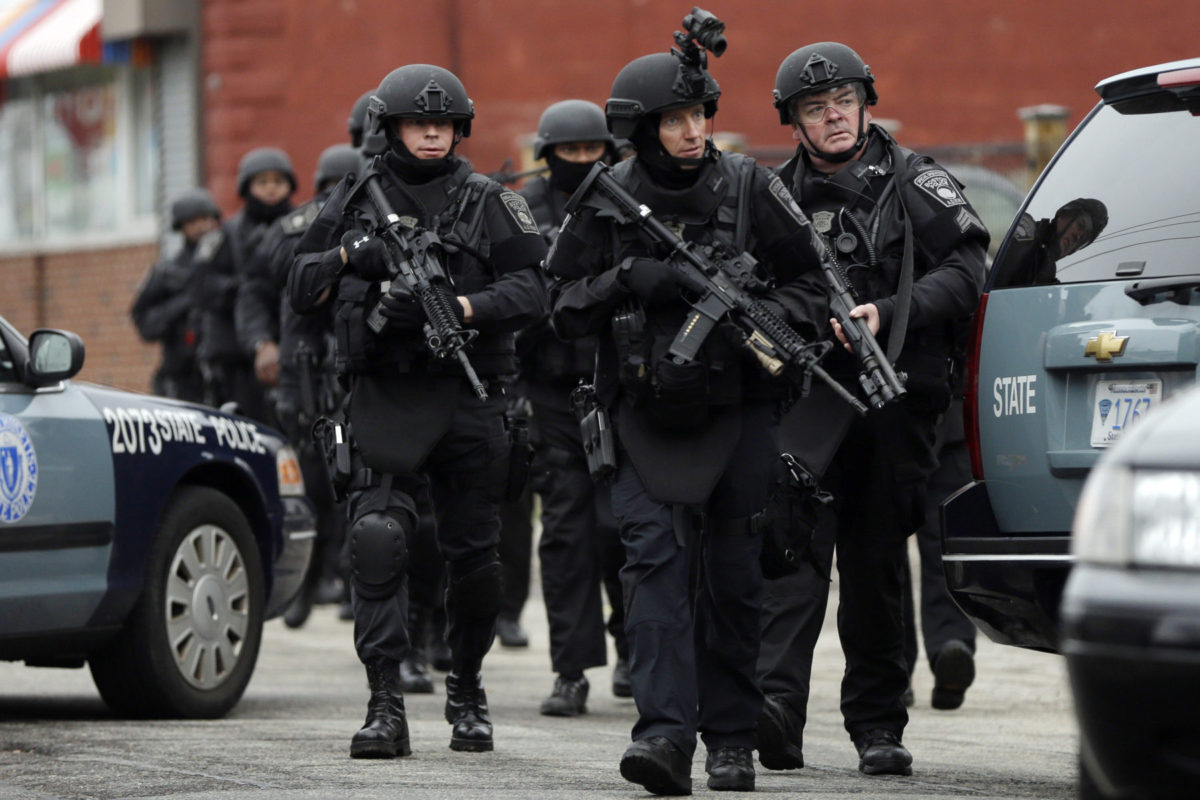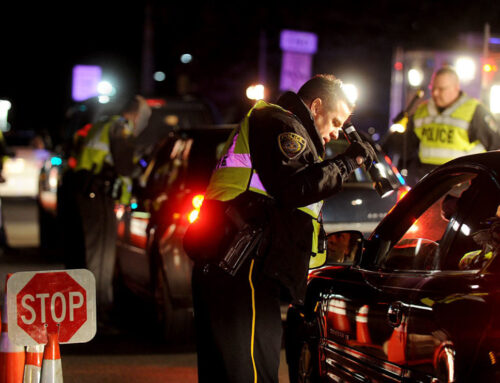By Robert A. Linch
Yesterday it was announced by US Attorney General Eric Holder that the US would be seeking the death penalty against Boston Bombing suspect Dzhokhar Tsarnaev. Holder cited, “[t]he nature of the conduct at issue and the resultant harm…” as the justification to seek the death penalty against Tsarnaev in a short statement issued by the US Department of Justice.
It is interesting that Tsarnaev is being tried for a capital offense in Massachusetts, a state that does not allow the death penalty. While it is legally permissible to charge a person for a Federal capital offense in a state that does not allow the death penalty, one must question whether the decision to charge Tsarnaev Federally rather than in Massachusetts has to do with the proper application of law or the public’s need for vengeance.
While a Boston Globe poll showed that 57 percent of Massachusetts residents were in favor of life imprisonment for Tsarnaev and 33 percent favored the death penalty, a nationwide poll conducted by the Washington Post – ABC News showed that 70 percent of Americans were calling for blood — an interesting and large dichotomy between the local population and national opinion.
The decision to try Tsarnaev in US versus Massachusetts Court lies in whether Tsarnaev’s actions were motivated by Jihadist ideological influence and targeted at the US Government as a whole. Put simply, is Tsarnaev a terrorist (in the legal sense)? More importantly, can US Attorneys prove this fact given the heightened burden of proof that the Federal Statue demands to convict?
While it is far from doubt that Dzhokhar Tsarnaev perpetrated the crimes with his brother Tamerlan, trying Tsarnaev in Federal Court as a terrorist under Federal Statute has evidentiary implications that make the case more difficult to prove. It may also become more vulnerable to attack by Tsarnaev’s skilled defense team which includes: Miriam Conrad, a Federal Public Defender who averted the death penalty for both the Unabomber and the gunman in the 2011 Tucson Shooting that injured US House Rep. Gabrielle Giffords, and Judy Clarke, who also worked on the Unabomber case and averted a death sentence for serial bomber Eric Rudolph. In fact, proving Tsarnaev’s Jihadist motivation with the evidence they have, which is not entirely robust, plus the counterarguments that the defense attorneys will make, as they have before on behalf of former clients, Tsarnaev’s terrorist motivations may actually be the most difficult aspect to prove in this otherwise straightforward case. This evidentiary burden would not be present under a murder case in a Massachusetts State Court and it would be entirely permissible to charge Tsarnaev under the Massachusetts murder statute. In fact, the only appealable issues would likely be procedural rather than substantive legal issues in a Massachusetts case. This is not so for the more tenuous case Federal prosecutors are attempting to make, all in pursuit of the possible death penalty verdict.
While it is possible to convict Tsarnaev in Federal Court and receive a death penalty verdict, it is far from a sure thing. The numbers don’t bode well with only 74 death penalty sentences under Federal law, and a meager 3 executions carried out since 1988. It will lead to a longer trial due to the additional evidentiary burdens, suspend closure for the victims, potentially leave the verdict more vulnerable to appeals which may extend an already lengthy process, and will in all likelihood end up with the same verdict as if it had been tried in Massachusetts: life in prison. Regardless of the morality of the death penalty, I question if this drawn out process, which is unlikely to have the prosecutor’s desired outcome, is worth the extra governmental investment, the emotional torment of the victims and their families, and is truly justice served because ultimately, death penalty or not, Tsarnaev’s goose is cooked.






